You need both a high credit score and sufficient home equity to be eligible for a home equity loan. Your debt-to-income ratio is one factor a lender will consider when determining your home equity.
Ratio of Debt to Income

The percentage of your total monthly income that is allocated to frequently occurring expenses such as rent, credit card balances, insurance premiums, and mortgage payments is known as the debt-to-income ratio, or DTI. When applying for any kind of loan, this is a crucial measure since lenders want to make sure you can afford the increased responsibility.
Your debt-to-income ratio (DTI) will also affect your eligibility for a home equity loan since lenders will check to see if the value of the house can support the debt plus any additional expenses, such as an appraisal. A DTI ratio of 43% or less is normally required by lenders for home equity loans.
It is possible to increase your chances of being approved for a home equity loan by hiring more than one appraiser and improving the property's appearance. Resolving any liens, judgments, or unresolved creditor issues might also increase your chances of being approved.
Ratio of Loan to Value

When it comes to financing significant home improvements, home equity loans are a solid choice for homeowners. Usually, the interest paid on these loans is tax-deductible. But, as the revenues are received all at once, they might not be appropriate for people who struggle with money management. They may also set off a vicious cycle of borrowing and overspending on real estate.
When deciding whether to approve you for a home equity loan, lenders will take your credit score into account in addition to your debt-to-income ratio. They will also set a maximum loan-to-value (LTV) ratio. LendingTree states that while this will vary per lender, it shouldn't go over 85%.
Our mission at RenoFi is to guide you through these and other financial indicators so you can choose the finest home equity products for your particular requirements and objectives. You can optimize your borrowing capacity while upholding a solid financial plan and long-term security by adopting a comprehensive perspective of your financial circumstances and being aware of the several home equity loan possibilities available.
Credit Rating
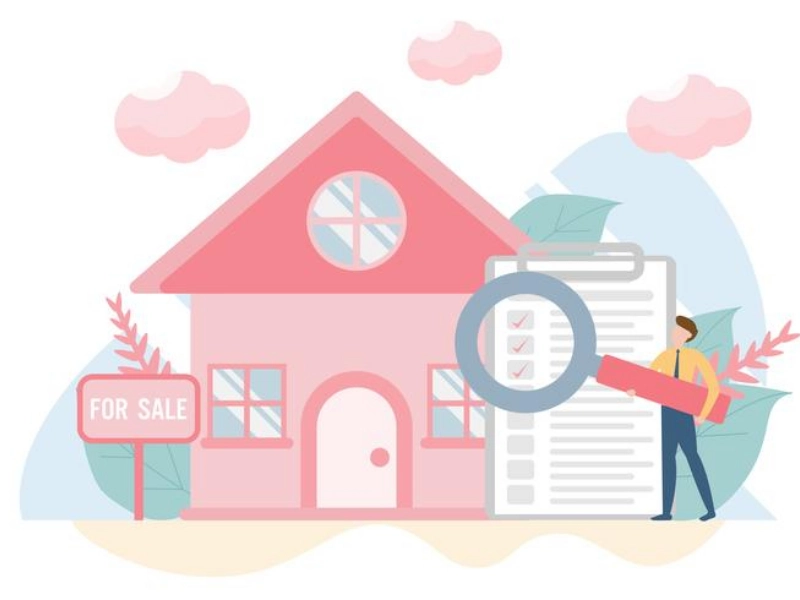
Eligibility for a home equity loan is heavily influenced by credit ratings. For borrowers to be eligible, many lenders will need a minimum score of 620; higher scores will result in better terms and interest rates.
Lenders also take your employment history and debt-to-income ratio into account. Generally speaking, your monthly loan payments should not exceed 43 percent of your income.
For borrowers who can provide a compelling justification for why their credit has been negatively impacted, lenders might be more lenient on these conditions. This could include papers such as bankruptcy documentation and a letter that states the situation matter-of-factly. But bear in mind that a home equity loan is secured by your house, so missing payments could result in foreclosure and a permanent note on your credit report. However, since you only use the line when you need it and only pay interest on the amount you use each month, a home equity line of credit usually gives more flexibility.
Initial Payment

You must be ready to present documentation of your assets and income if you wish to be approved for a home equity loan. In addition, you need to have a good credit score above 680 (lenders will still grant loans to borrowers with credit scores below this cutoff, but the terms of the loans may be more restrictive and have higher interest rates).
It's crucial to keep in mind that your residence serves as collateral, meaning that your lender may take possession of it if you don't make your payments. Fixed monthly payments and interest rates are common features of home equity loans, which can aid in financial planning.
HELOCs, on the other hand, let you borrow money gradually in accordance with your demands, which can lower your debt levels. Depending on your needs, you can select between a home equity loan and a home equity line of credit (HELOC), but to be eligible, you must have a consistent source of income and a solid payment history for both. An additional benefit is that you qualify for a tax deduction on the interest you pay.
Recommended Reading: State Payday Loan Regulations: Important Information
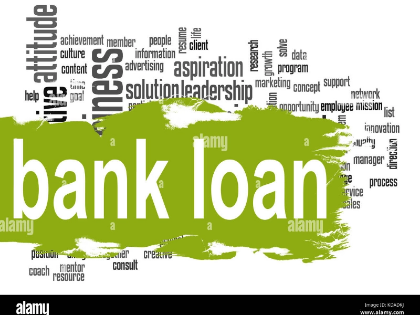

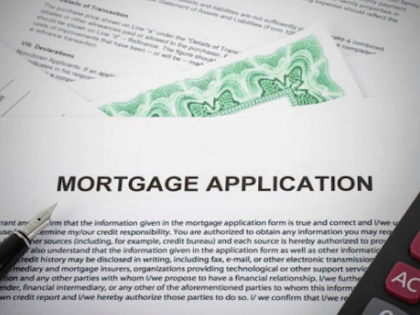

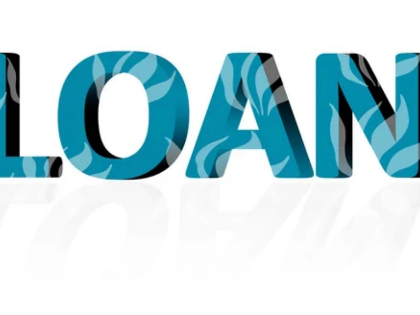






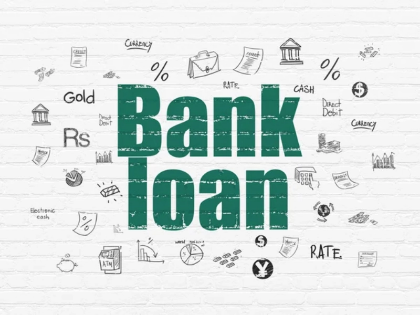












Calms noisy planning.
The risk lattice is implied clearly.